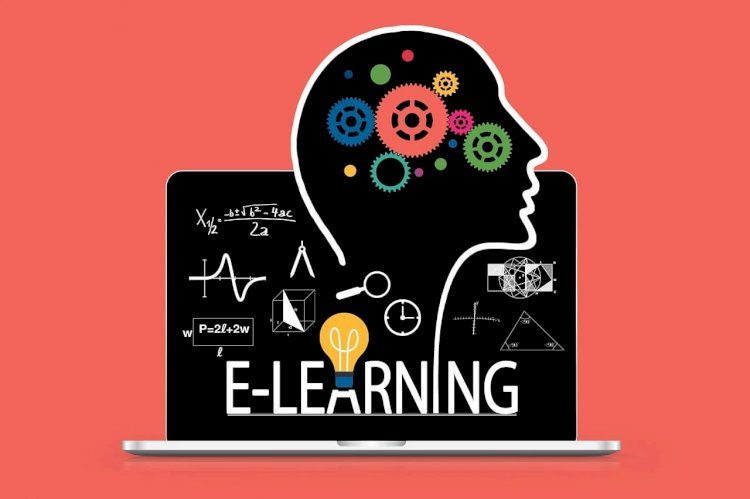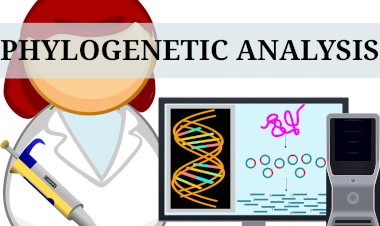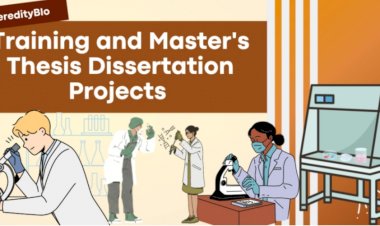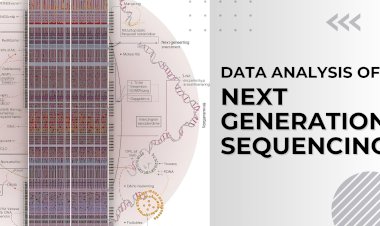The Evolution of e-learning

The Evolution of E-learning : A Personal Journey
Introduction
As an avid learner and writer, I've always been fascinated by the dynamic intersection between education and technology. The evolution of e-learning isn't just a shift in how we access information; it's a profound transformation that speaks to our psychological needs, adapts to real-life demands, and enriches fields like research and writing. In this blog post, I’ll share my personal journey with e-learning and how it ties into the broader landscape of education, psychology, and professional development, with a special mention of IBRI and the role of blog writing.
The Dawn of E-Learning
I remember the early days of online education, where courses were primarily text-based and interaction was limited. Despite the rudimentary platforms, the novelty of learning at my own pace, from the comfort of home, was exhilarating. These early experiences ignited my curiosity and demonstrated the potential of e-learning to democratize education.
Psychological Insights into E-Learning
The psychological impact of e-learning is profound. Traditional classroom settings can be intimidating for many, leading to anxiety and reduced participation. E-learning, however, offers a safe space where learners can engage without fear of judgment. The ability to revisit materials and learn at one’s own pace caters to different learning styles and needs, fostering a more inclusive and supportive educational environment.
Moreover, the self-discipline required for e-learning builds resilience and time-management skills. I've found that the autonomy in e-learning encourages intrinsic motivation—a key psychological factor for lifelong learning.
E-Learning in Real Life: Practical Applications
The flexibility of e-learning has been a game-changer in my professional life. Balancing work, personal commitments, and continuous learning was once a Herculean task. E-learning platforms, however, have made it possible to integrate education seamlessly into my daily routine. Whether it’s pursuing a new certification in bioinformatics or learning a new language, the convenience of online courses cannot be overstated.
For professionals in the life sciences, e-learning has become indispensable. Institutions like the Indian Biological sciences and Research Institute (IBRI) offer specialized online or distance courses that bridge the gap between academic knowledge and industry requirements. These courses are tailored to provide practical skills and up-to-date information, ensuring that learners are well-equipped to meet the evolving demands of the field.
The Role of Blog Writing in E-Learning
Blog writing has played a pivotal role in my e-learning journey. Documenting my learning experiences, reflecting on new concepts, and sharing insights with a broader audience have reinforced my understanding and retention of information. Writing about what I learn transforms passive knowledge into active engagement, a principle well-supported by educational psychology.
Moreover, blogs serve as a platform for community building. By sharing my journey, I connect with like-minded individuals, fostering a sense of belonging and collaborative learning. This social aspect of blogging complements the often solitary nature of e-learning, adding a layer of communal support and motivation.
Conclusion: Embracing the Future of E-Learning
E-learning is not just a trend; it’s the future of education. Its evolution reflects our psychological needs, adapts to the realities of modern life, and provides endless opportunities for personal and professional growth. As technology continues to advance, the potential for e-learning to revolutionize education is boundless.
#elearning #onlineeducation #ibri #educationalpsychology #blogwriting #bioinformatics #lifesciences #continuouslearning #professionaldevelopment

 Manju
Manju 
























